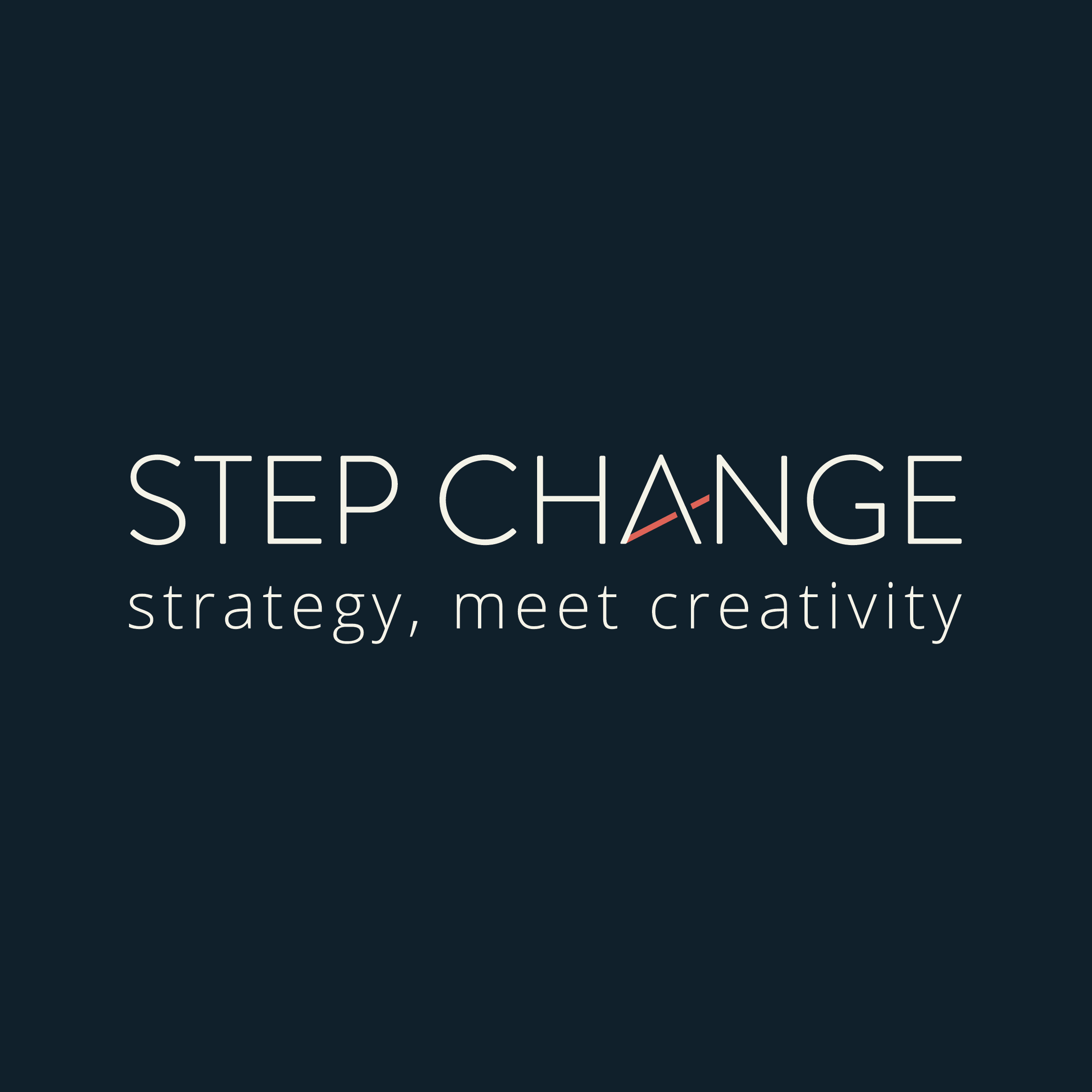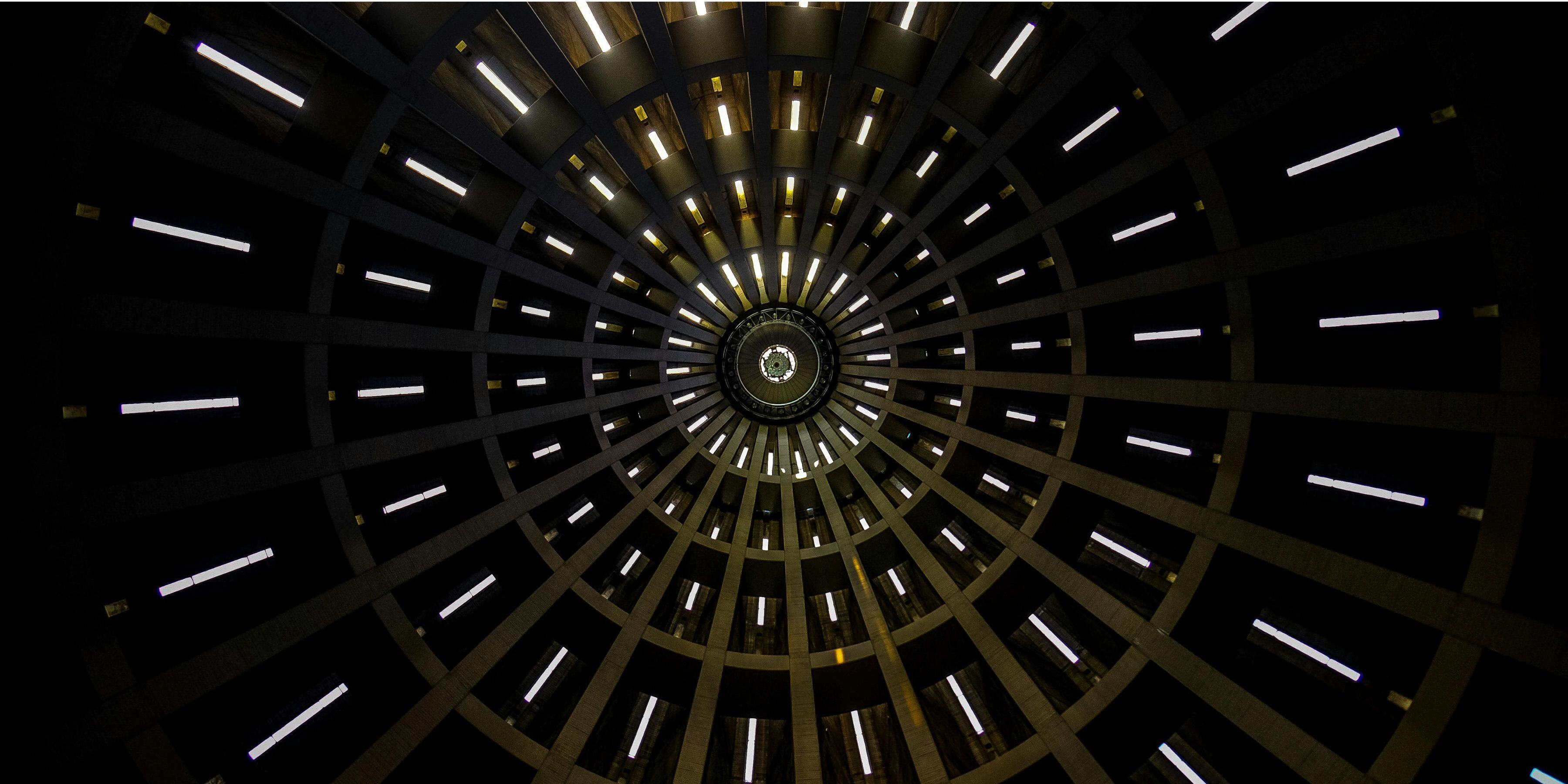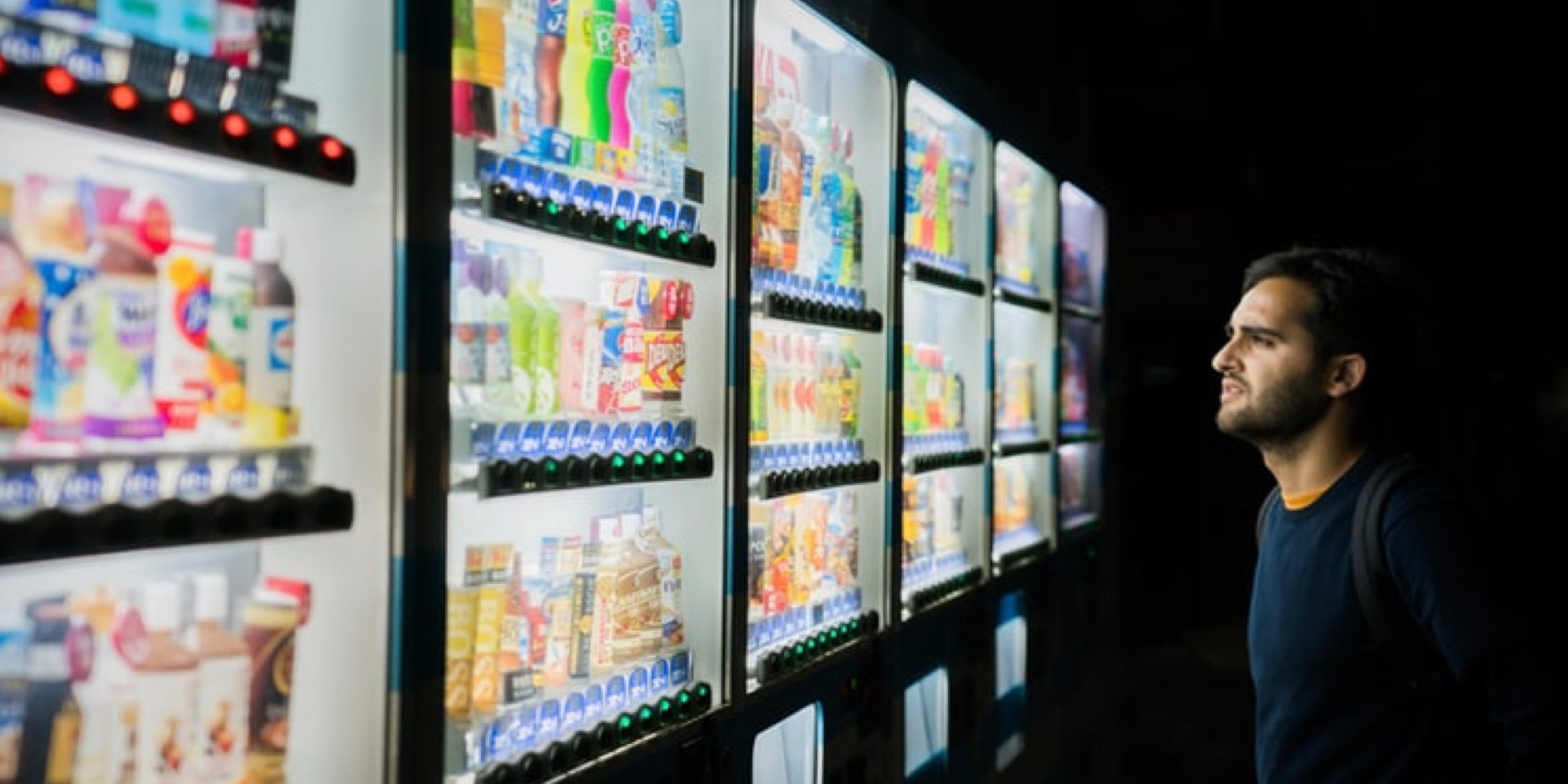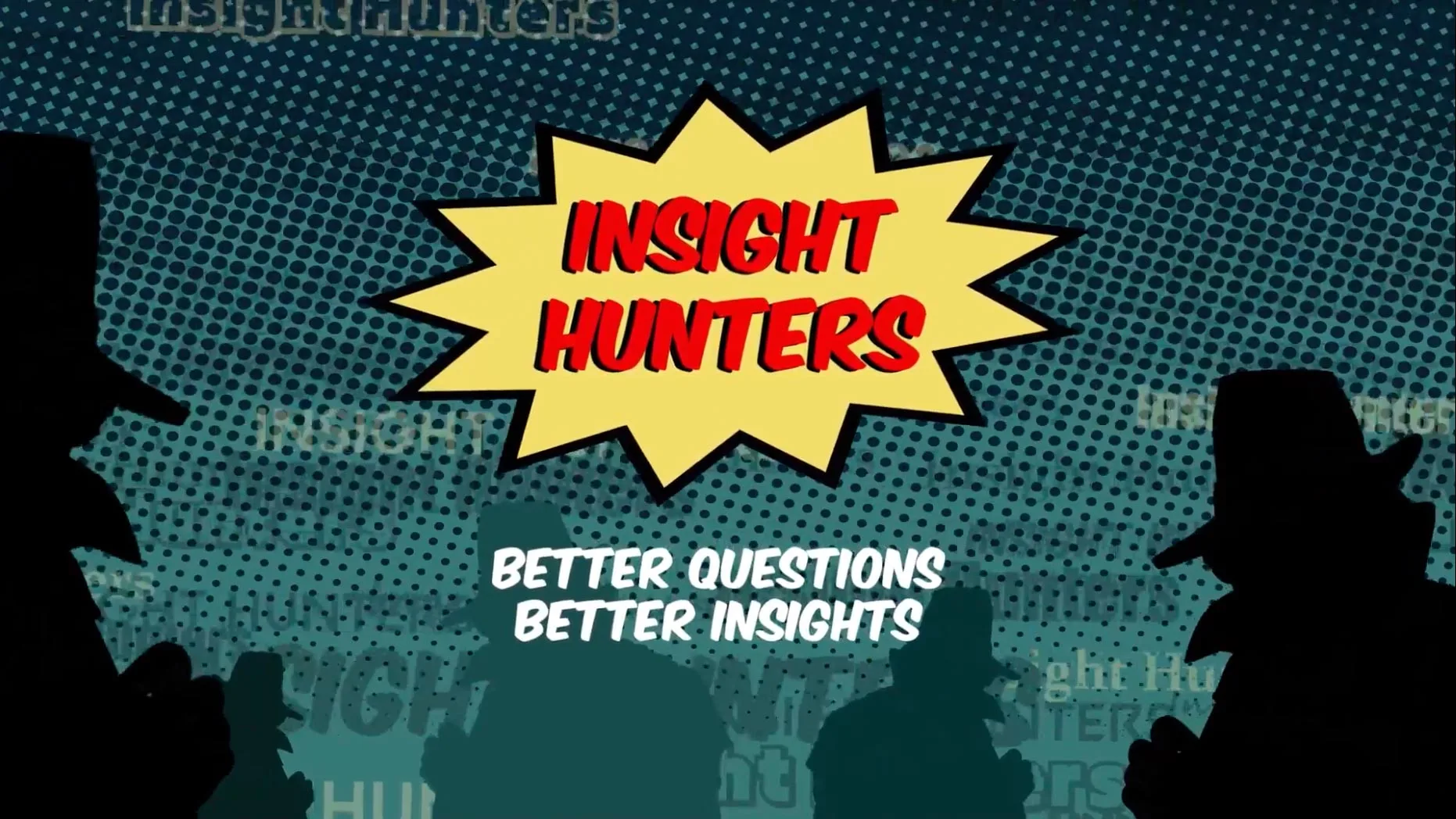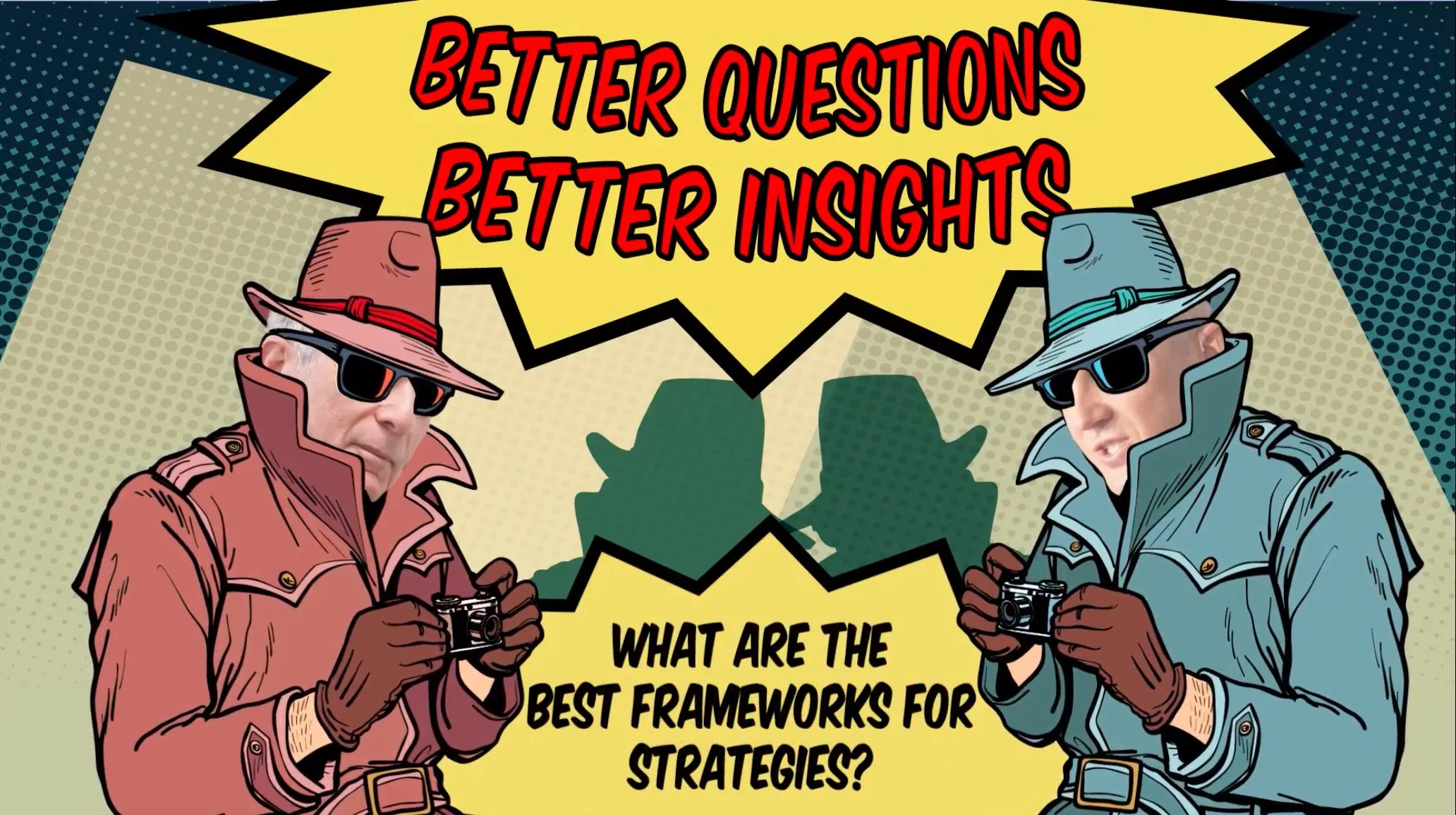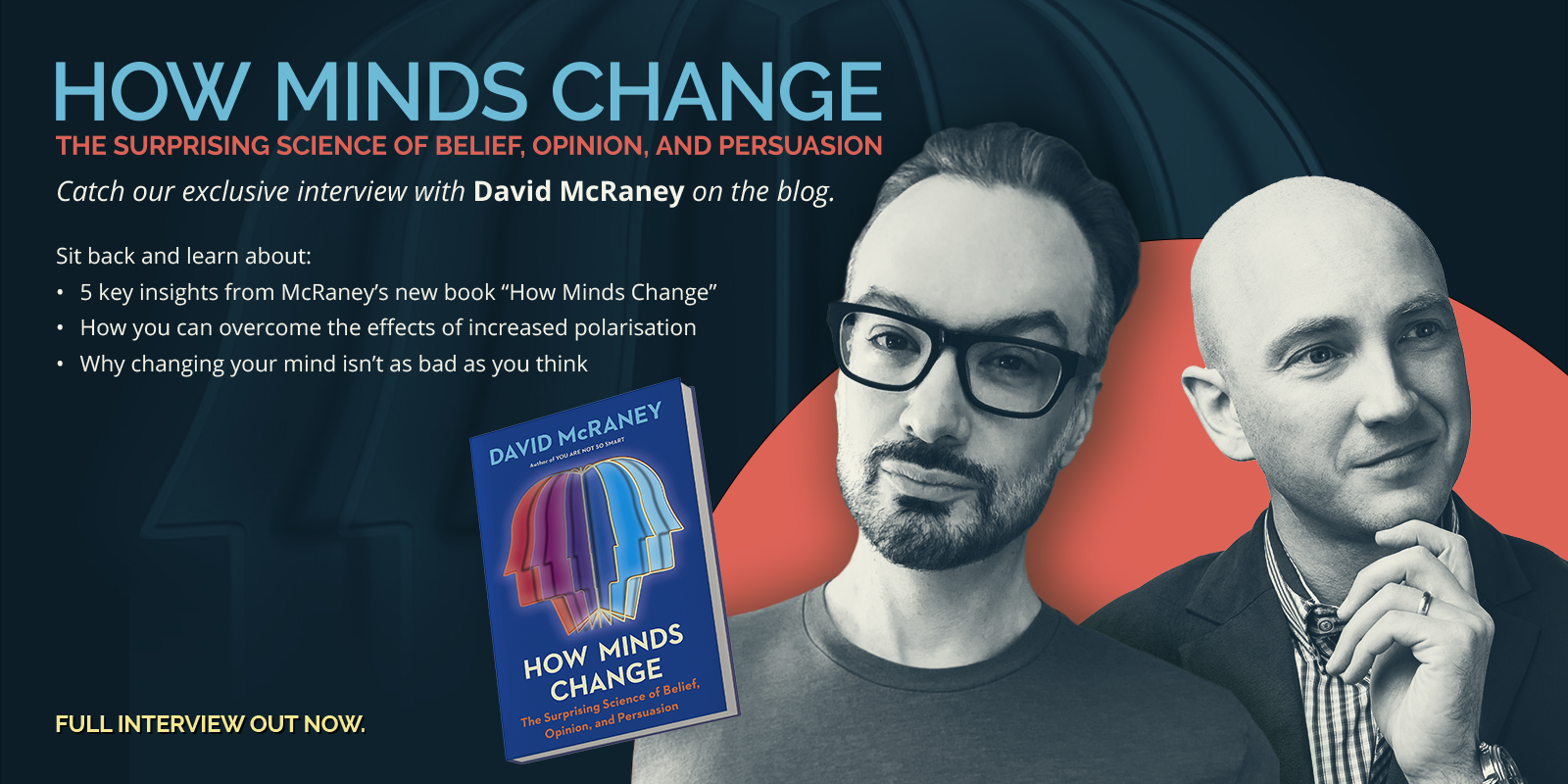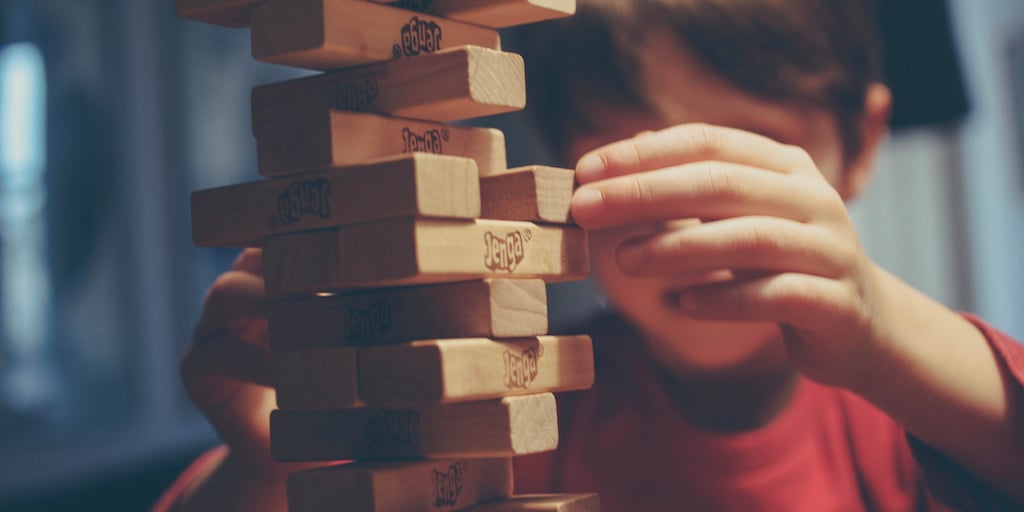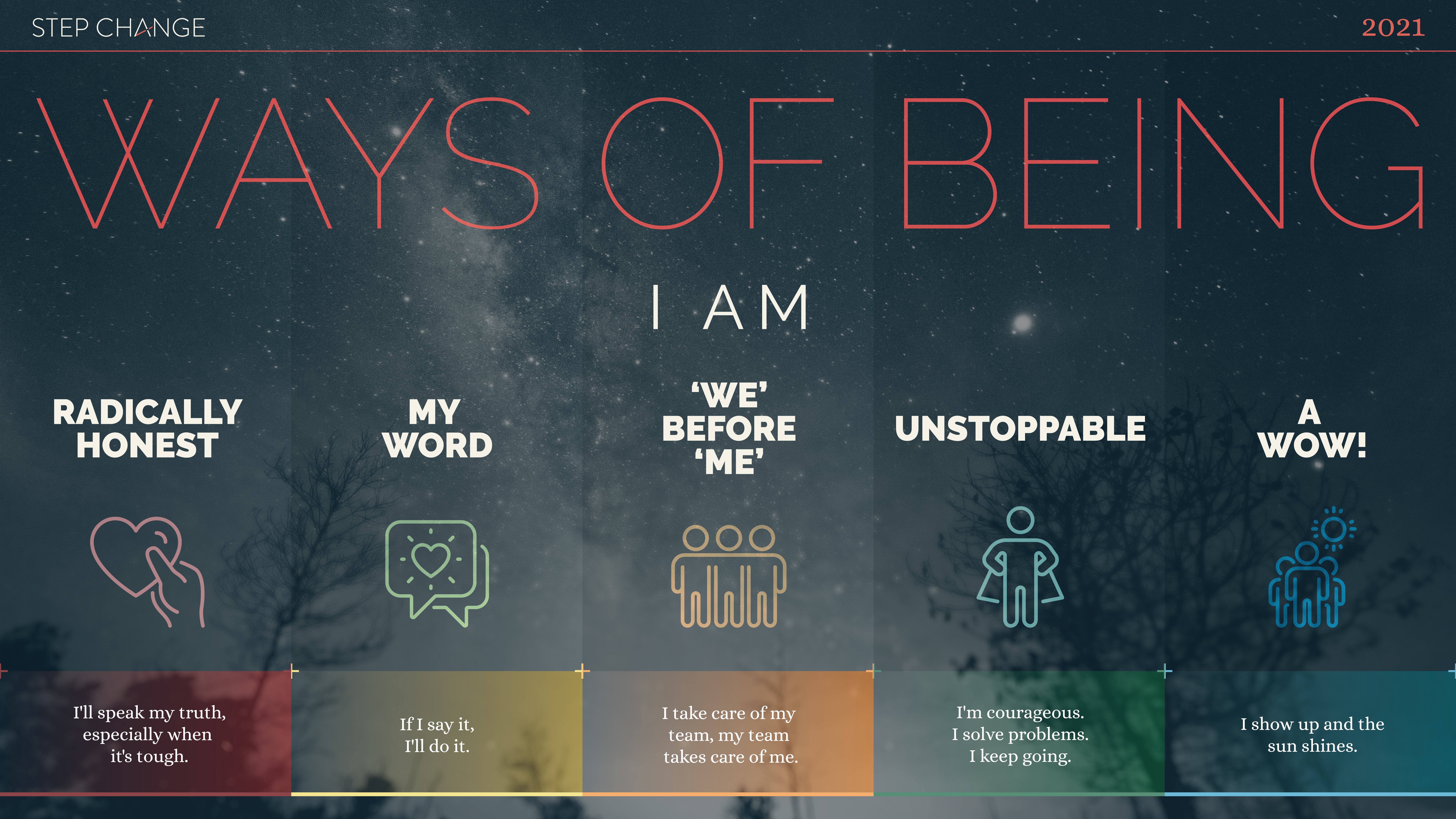Have you ever wondered why Apple has a massive following, why people prefer GoGets than purchasing their own cars, or why certain coffee shops are really popular amongst millennials?
The success of these companies lies in the loyalty they’ve gained from their customers.
Customer loyalty is important for businesses for two reasons: Firstly, it’s a lot easier to sell products and services to customers who already love the brand. Secondly, delighted customers tend to talk positively about products, services, or the company in general (free advertising).
It’s smarter for business owners to invest more in existing clients rather than in acquiring new clients. The 1:4:7 rule of thumb guides where business owners should invest their time and money. Simply put, this rule states that if it costs a business $1 to keep an existing customer, it will cost the business $4 to get that same client to repeat purchasing — and, in comparison, it will cost $7 to acquire a completely new customer. From this rule, we learn, that the smarter way to spend money is by spending it on your existing customers — through rewarding and acknowledging them.
The 5 Principles of Loyalty
By working with over 100+ clients a year, we’ve discovered that the companies that win over loyal fans who talk about the business in a compelling way have applied one or more of the following five principles.
In the video below, Ashton and I had the privilege of sharing how businesses can inspire lifelong loyalty for their brand. (A lot of thanks to our friends at BRiN* for making Marketing Mavericks possible.)
- Make me look good.
Some brands use this principle for the self-expressive and emotive benefits it gives to customers. Imagine walking in a coffee shop you frequent with your friends or clients, and the barista, acknowledging that you’re a regular, greets you by your name and asks if you’ll get the usual latte. This signals to your companions that you’re a big deal and this increases your self-esteem.
According to the Bond Loyalty Report 2016, satisfaction is 2.7X higher for customers who are recognised by the staff of a brand. Personalisation — recognising customers, knowing what they like — is the key to develop your overall brand health.
- Leaving hurts.
If you’ve been using the services of a business for some time, leaving hurts. If you leave a coffee shop, it will take staff at the new coffee shop weeks — perhaps months — to learn your preference and know you by name. Leaving an airline means sacrificing potentially thousands of frequent flyer points. The knowledge and data tied up with businesses you’ve been loyal to can make switching more hassle than it’s worth.
- Give me a “bar defence”.
The term “bar defence” comes from the alcoholic drinks industry. Imagine you’re at a bar with friends. You buy a drink that you saw on an advertisement but have never bought before. When you return to your friends, they all ask, “Why did you buy that for?” The Bar Defence is the answer that you give — for example, “Because it’s low carb.”
Companies that win loyalty give their clients a bar defence that they can use anytime their choice is challenged.
For instance, car share company GoGet is a by-the-hour rental service, which is positioned as an alternative to owning a car. They provide a contrast on their monthly statements between what you spent on GoGet that month and what you would have spent on petrol, insurance, registration, and vehicle expenses with your own car. The result is that no matter how high your bill with GoGet, you’re shown how it was cheaper than owning a car.
4. Reciprocity.
One of Robert Cialdini’s Principles of Persuasion is the principle of reciprocity. It says that we like to give back to someone if they give something to us first. Companies that give to their client can win loyalty.
Here are some examples: (1) When car-servicing company Mitus issues an invoice, they list all the extra things they’ve done for you but not charged you for. (2) A coffee shop offers a tenth coffee free on their loyalty card. (3) Nespresso gives large sample packs of coffee pods with new and repaired machines.
- I just like them.
Emotion is powerful. When customers enjoy using your product or they simply trust your business, they are bound to be loyal to your brand. Gerd Leonhard, a futurist, once said, “Buying something isn’t an intellectual process of saying, ‘This could be useful’; it’s saying, ‘I really want this.’”
How has your brand inspired customer loyalty? Let us know in the comments below.
Written by Adam Long, Executive General Manager at Step Change
 With a degree in Industrial Design, Adam has been trained to look at problems from unique angles and create solutions that are simple, effective and always innovative. He brings this innovation focus and clarity of vision to his role as the Executive GM of Step Change, building strategies for the likes of Sony Pictures Home Entertainment, Amber Tiles, and HP.
With a degree in Industrial Design, Adam has been trained to look at problems from unique angles and create solutions that are simple, effective and always innovative. He brings this innovation focus and clarity of vision to his role as the Executive GM of Step Change, building strategies for the likes of Sony Pictures Home Entertainment, Amber Tiles, and HP.
*About BRiN:
BRiN is the world’s first business advisor in your pocket. BRiN features videos that showcase the teaching and advice of some of the most successful minds in business, one of which is Step Change’s Marketing Mavericks. To watch more Marketing Mavericks, click the button below.

